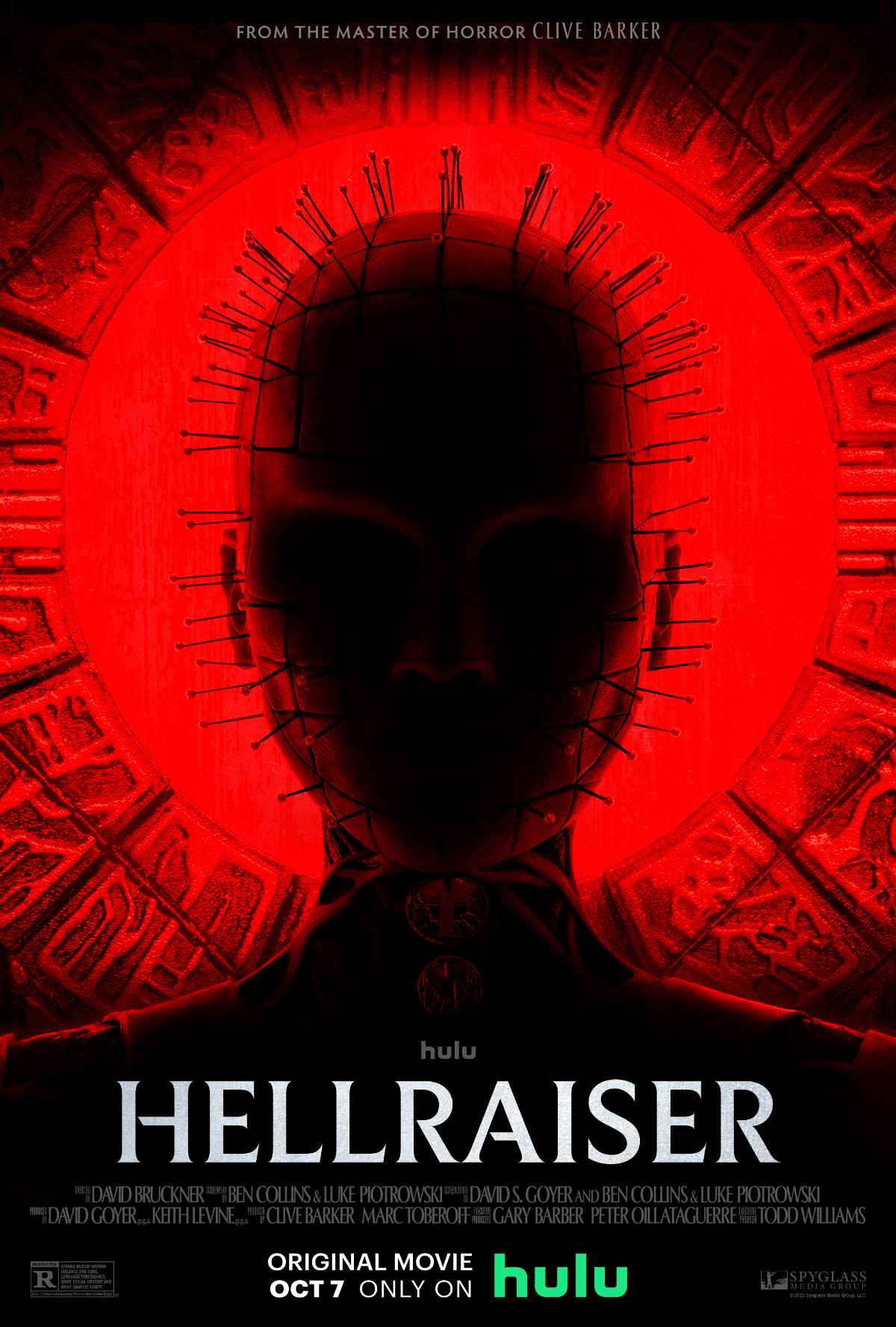Hellraiser Cast and Crew on the Hulu Release
With the anticipated film hitting Hulu on Friday, October 7, Vital Thrills got a chance to talk to the Hellraiser cast and crew. In the film, a reimagining of Clive Barker’s horror classic, a young woman struggling with addiction comes into possession of an ancient puzzle box, unaware that its purpose is to summon the Cenobites, a group of sadistic supernatural beings from another dimension.
From the Hellraiser cast, we talked to Jamie Clayton (Pinhead), Goran Visnjic (Voight), Brandon Flynn (Matt), Odessa A’zion (Riley), Drew Starkey (Trevor), Adam Faison (Colin), and Hiam Abbass (Menaker). Also on board were director David Bruckner and producer Keith Levine.
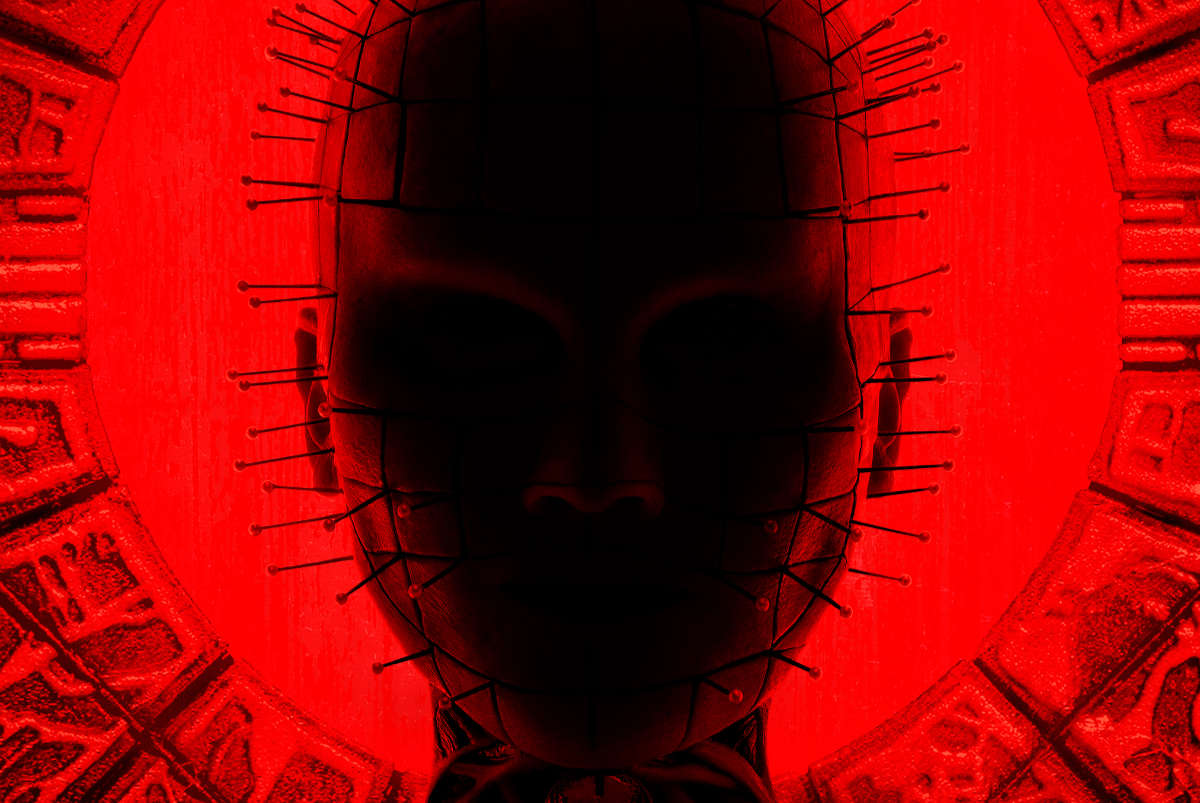
Bruckner spoke about the new incarnation of the classic horror film. He said, “This is a new Hellraiser story. It’s not a remake of the original films, necessarily. It does harken back to them quite a bit, but it is the tale of Riley played by Odessa here who discovers the box and opens it. And all hell breaks loose.
Visnjic spoke about his history with the franchise in terms of fandom. “When I was a teenager, in our local video store, there were VHS tapes of the first four Hellraisers. The first one, I hadn’t seen it in the theater, so in a few nights, my friend and I saw all of them. And number four was always my favorite, because I’m a sci-fi fan, and this one is happening in space station.

The actor added: “An operatic Hellraiser. It was kind of like, you know, the time of Star Wars, Empire Strikes Back. So that Hellraiser was kind of like, I felt a really huge impact of that one. So when this script came by, thank you, Mr. Bruckner, I was like, ‘Okay, this is really interesting,’ you know. So yeah, big fan.”
Abbas wasn’t as familiar. “I didn’t know anything. In fact, any horror movie would have never gone my way because I grew up in a place where everything was frightening anyway. So, if I were to escape in movies, I would choose something much easier on my psychology somehow. So I’m really sorry for that, but I discovered through this movie that I was wrong, basically. But as an actor, I really wanted badly to do one. And just a month before this came my way, I was just telling my agent, ‘I really want just to do a horror movie.’ A month later, I just got the offer.”
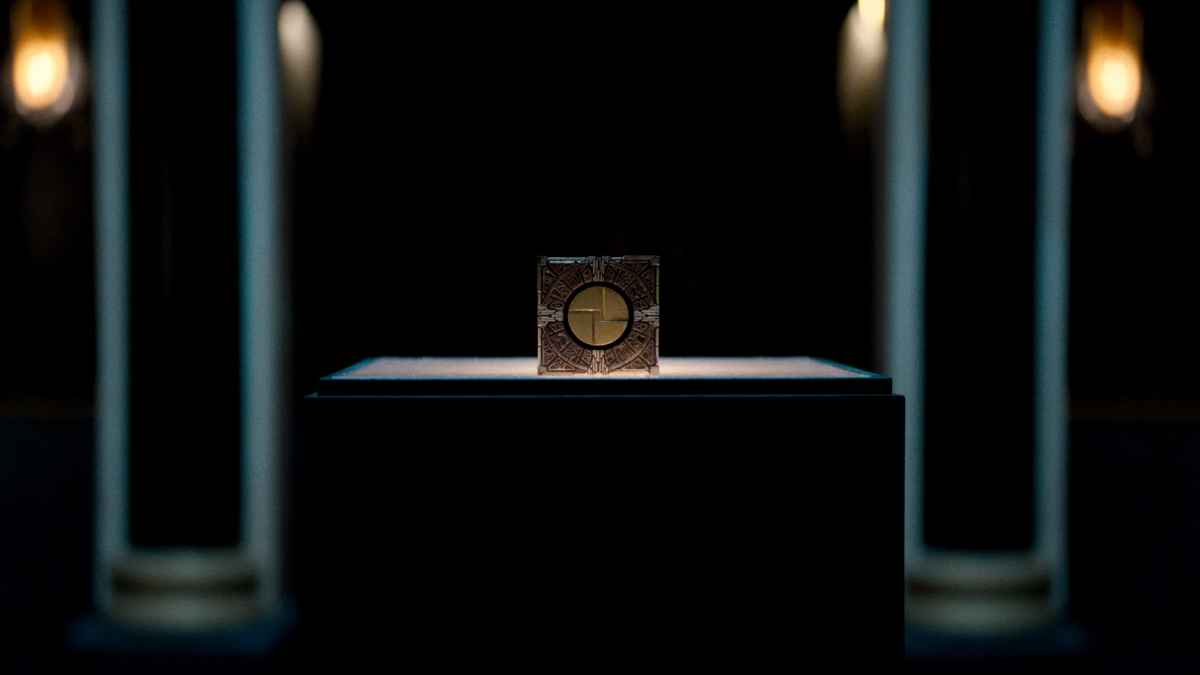
A’zion spoke about her connection. “I was always familiar with Hellraiser, but I didn’t grow up watching them. And, well, then I started watching them, and then when I booked this, then I started really watching them. If we’re talking about favorites, I’d say that my favorite might be the second one. I just rewatched that one last night because I want to re-prep myself. You know, get ready for all this. And I think that one’s my favorite. Yeah, it’s really crazy. There are a lot of differences in our movie, but there are also a lot of similarities. And I feel like the second one, you could see that a lot.”
Starkey was warned off of the franchise by his mom, who worked in a video store. “She was a big horror fan. But Hellraiser was always one, kind of the one film that she was like, ‘Stay away from that.’ You know, ‘Don’t go near there.’ So, as an act of rebellion, my brother and I watched it when we were too young. But the imagery, the imagery always kind of stayed with me like my entire life. I always kind of thought about it around Halloween. But then it’s so ingrained into pop culture, and our own experiences like the images and the characters have always kind of popped up through, like, a lot of different times in my life.”
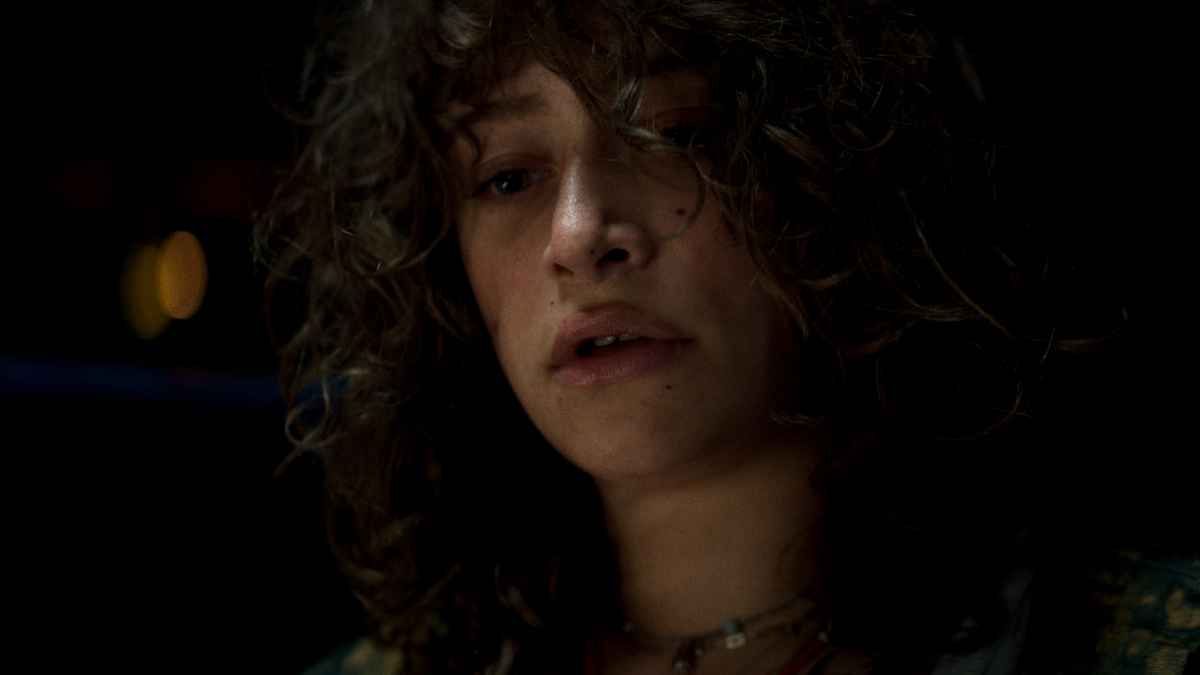
Bruckner said he would have been traumatized by seeing the original so young, and “just getting to make a Hellraiser movie is something that I never thought I’d get to do. So, really, really happy to be here.”
Clayton talked about putting Doug Bradley’s Pinhead into his portrayal. “David and I had so many Zooms and discussions about this sort of, how the body would look and how the head would be. And the sort of stillness that was incorporated. And it was all of those conversations with David, you know, about his idea of what it would be, you know when he took on this project, and then me bringing my bits and bobs to it and then the meshing of those things.”
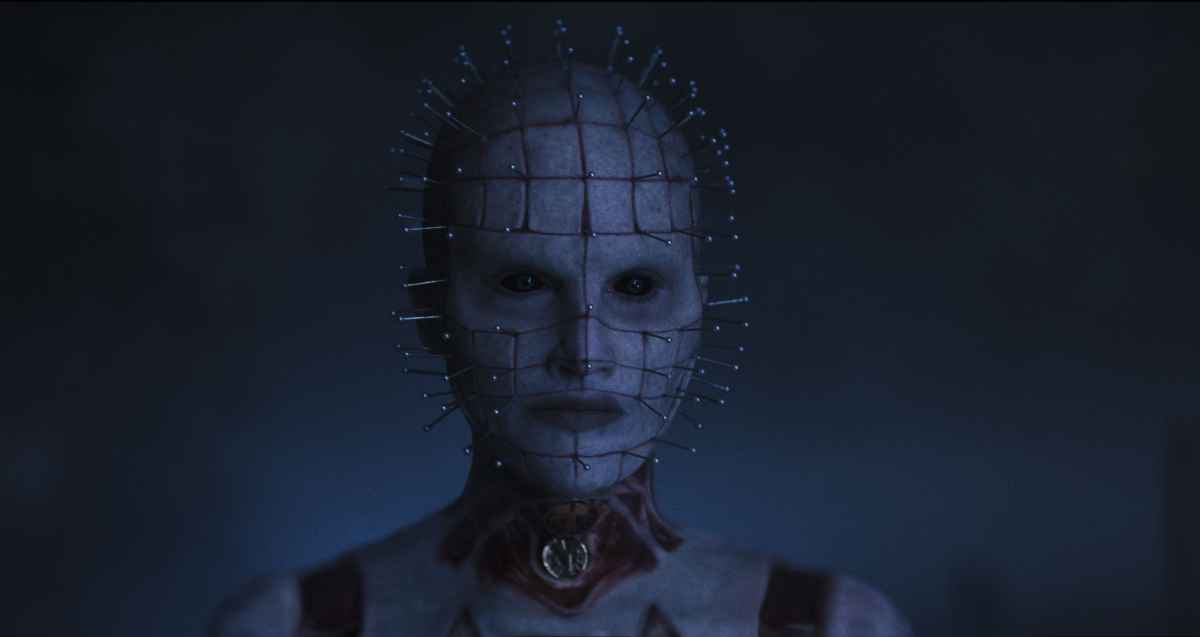
She continued: “I’m hoping that it’s something really unique. I mean, Doug is incredible. But I didn’t want to be sort of compared or have people be like, oh, she nicked that from him. She’s doing that thing that he did, which is another reason why I think they wanted a woman to play the role because it takes the burden off the audience of that comparison. So it’s a whole new thing. Doug is amazing. No one could ever, ever, ever, ever, ever, ever, [Laugh] do what he did. No. Love you, Doug.” [He made kissing noises here.]
Bruckner was asked about whether the creators were instrumental in the LGBTQ+ representation in the series. Bruckner said, “Yeah. I mean, that was something that we talked about. You know, Keith and myself, Ben Collins, Luke Piotrowski, the writers, and Spyglass, the studio.
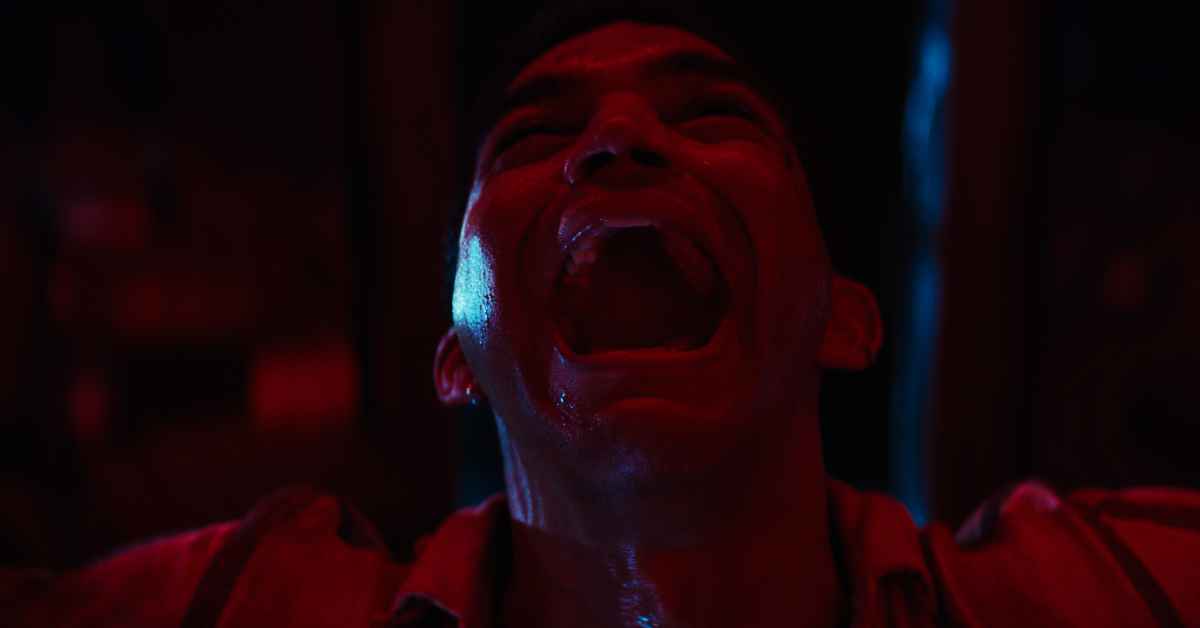
“From kind of the beginning, we came on with the script; we understood that this was very much present and part of the identity of the original franchise. And that we wanted to make sure that that was something that we got right both in theme and in representation. And it was exciting for us. And then we had a lot of good counsel from people that really helped us kind of navigate that a bit. And it was something that everybody was behind from the beginning.”
A’zion spoke about seeing the Cenobites in full costume on set for the first time. “It was the craziest s*** I have ever seen,” she said. “And you got the most… Just so different. I just wasn’t expecting it. I mean, you know the characters. And we have the Cenobites in our movie. You know, they’re people, so there’s always going to be new Cenobites. So it was cool that they brought back some of the old ones and had the new ones. And the new ones were crazy.”
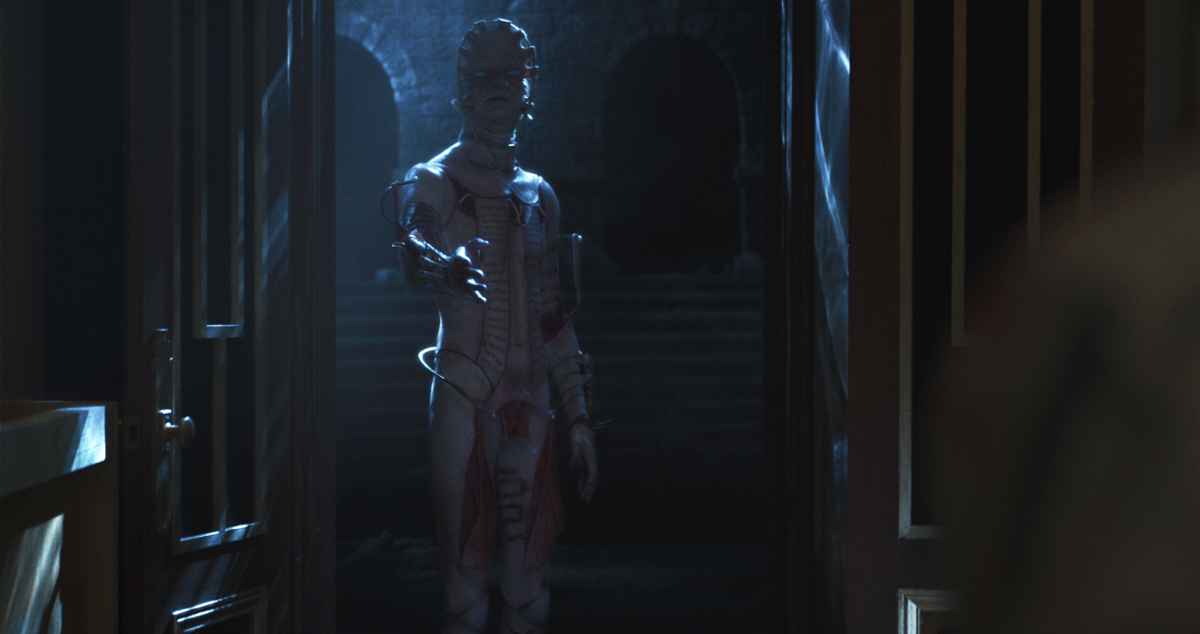
Visnjic said, “I remember seeing Jamie for the first time. I saw her before, and I saw her in the process of getting the stuff on because I was also having tons of prosthetics and stuff. So she walks on set, and I started laughing, not because it was funny, because I didn’t know what to do.
“I was seriously like, what the… I mean, she looked so out of this world. It was kind of mystical and scary and unusual and unreal, surreal, because, as Odessa said, you know it’s an actor inside a costume. But the details, the pins, the lenses, the… and she was just steady. And her voice. I’m like, is that really you? It was really… I still kind of feel unusual about that experience. I need to process it.”
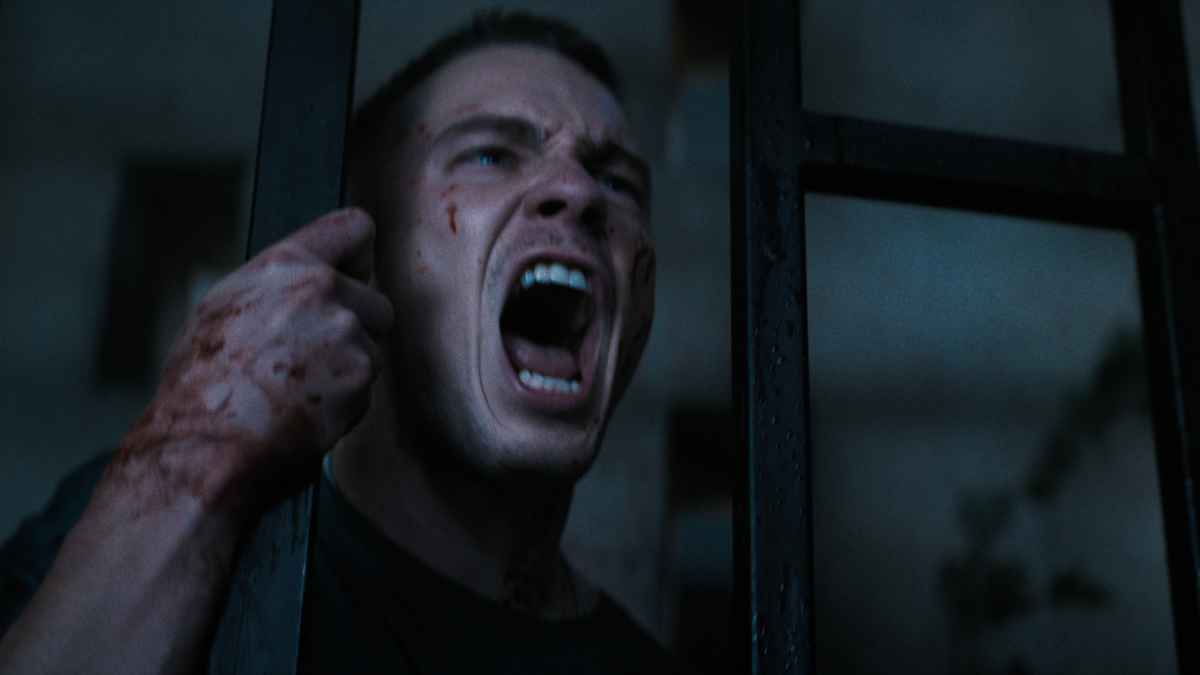
In terms of combining the sex and violence of the franchise, Bruckner said, “That’s interesting. Well, I mean, when you’re doing sex and violence on screen, you’re always digging into some stuff that is going to affect people. And so I just think they’re powerful expressions in movies. It’s not to be taken lightly if you’re going to show people in states of vulnerability or if you’re going to stimulate the audience or evoke something that is an image that’s going to stick with you. So, what did we want to get across?
“I think a lot of it was just about the spirit of the franchise and finding kind of the flavor of it that felt right for us but also letting the story kind of take us there as it would. The narrative, the original film the plot is a little bit more directed towards the sexual aspect of Hellraiser. But I think we found some interesting connective tissue in this where that lives, particularly as it relates to addiction and all forms of addiction in some ways.”
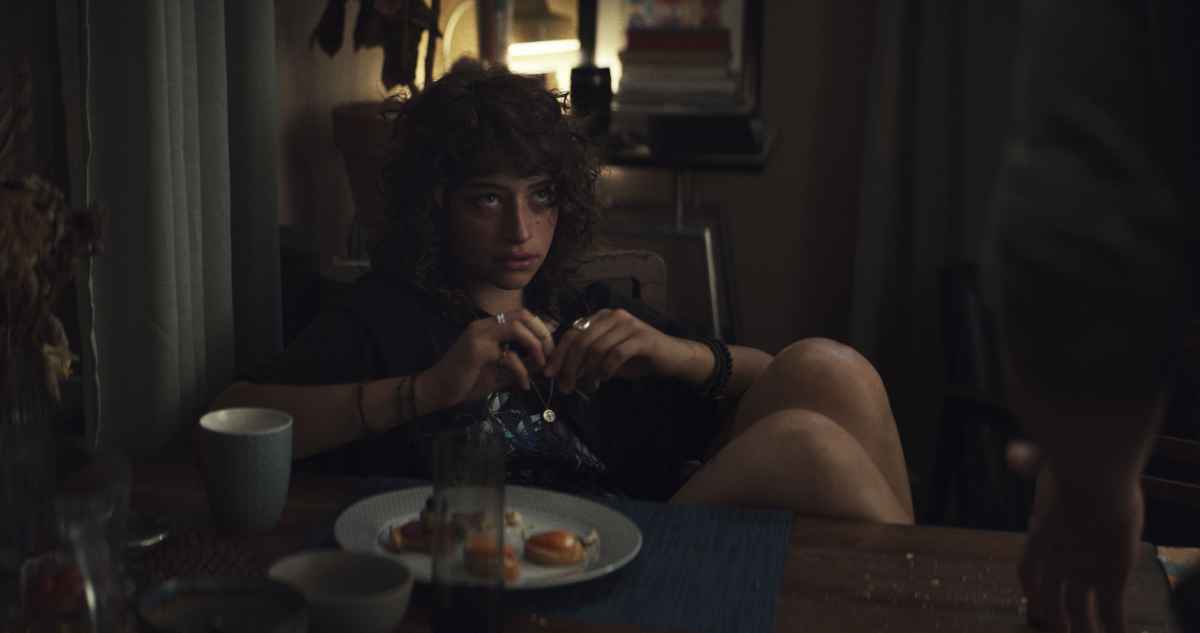
Levine added, “I’ll just say we never wanted it to be gratuitous, the sex or the violence. Whenever we were doing it, we wanted to treat both like art. So, we wanted the violence to feel like art. And even if you’re staying in a moment maybe longer than you would hope, it’s not because we’re trying to be gratuitous. We’re just trying to make it beautiful, to be honest. So I think that was sort of the way we also just went about handling it.
“Also, in just the society that we’re living in today, I don’t think anyone wants to see either pushed to the brink for no reason. So we were very conscious of it. And I think everything we did was very measured. And we discussed, even in the edit, just trying to find the right balance of everything.”

Bruckner also spoke about modernizing the classic franchise while telling a new story. “Well, this is the first time I’ve ever worked with sacred IP. And feeling a responsibility to what has come before us. And also, really, just being so blown away. Like, Hellraiser is pretty hard. I was joking it could be a person with a mask on and a knife, but it’s not.
“They’re interdimensional BDSM demons that throw chains at you from a labyrinth. Like, it’s complicated stuff to get right. And so actually making one of these films, my admiration goes to all the filmmakers that have come before us on it.”
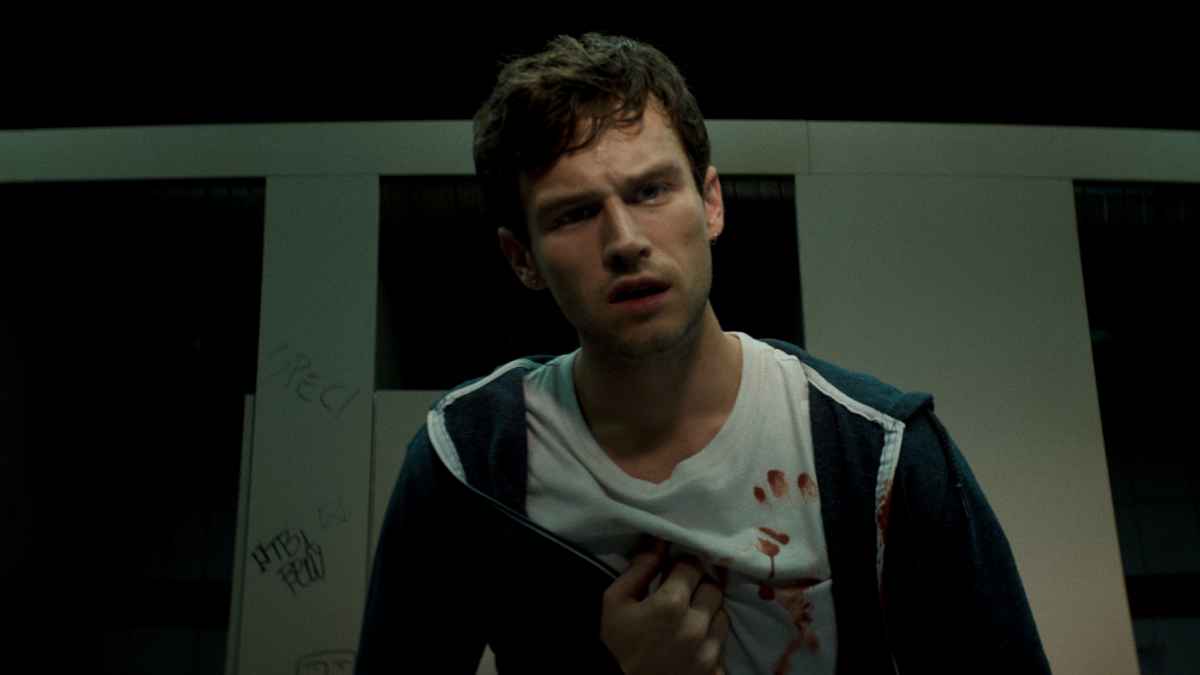
He continued, “Holding that in as high a regard as we can. But also, and this was something that we all talked about as a team, and I think everybody was on board for, was like, we also have responsibility to just lose ourselves in this. And allow it to take us in different directions if we’re so compelled to be true to the story that we’re telling.
“And it’s a movie. So once you’re on the ground on the other side of the world and you’re inventing these things, it kind of takes you somewhere on its own. You’re kind of hanging on to the ride, and it takes on a life of its own. So it was a balance of trusting that and appreciating what had come before us.”
